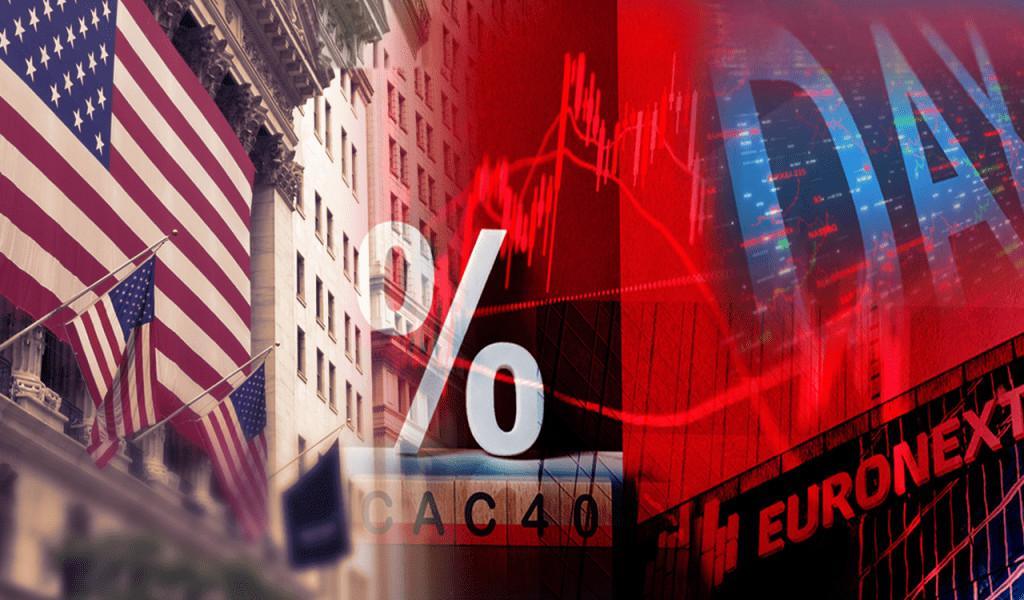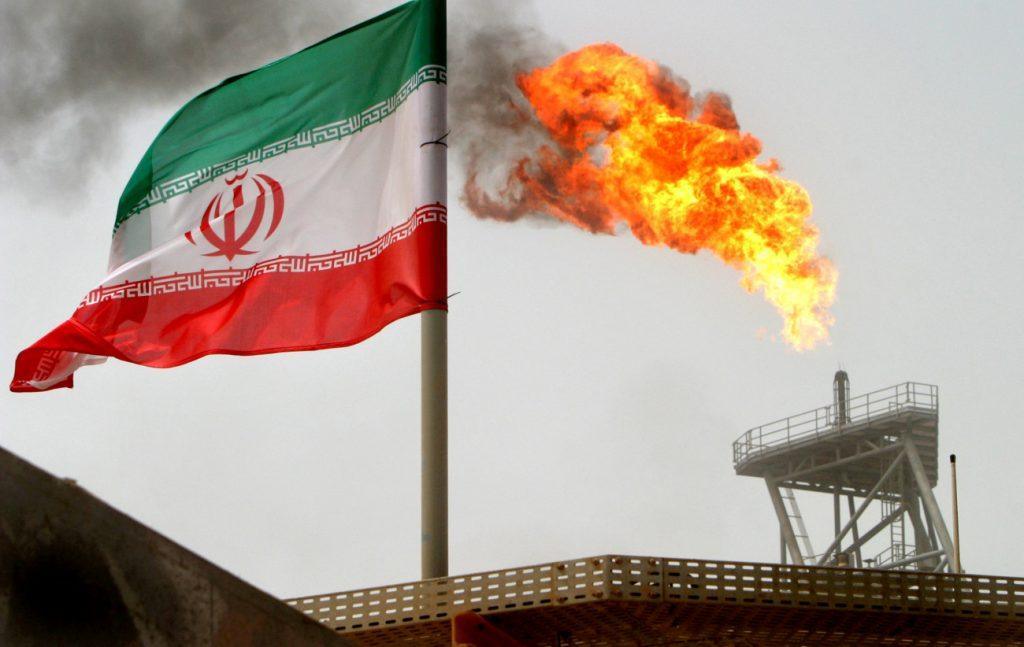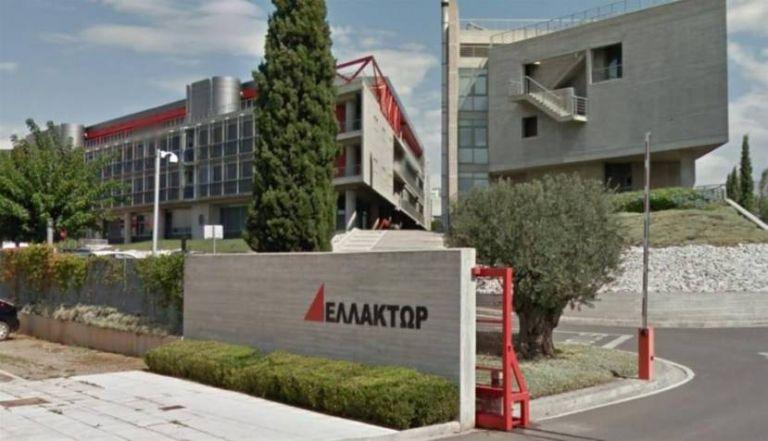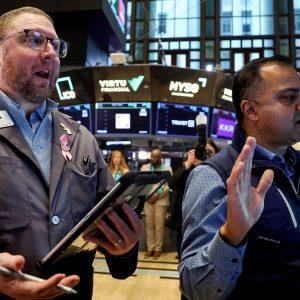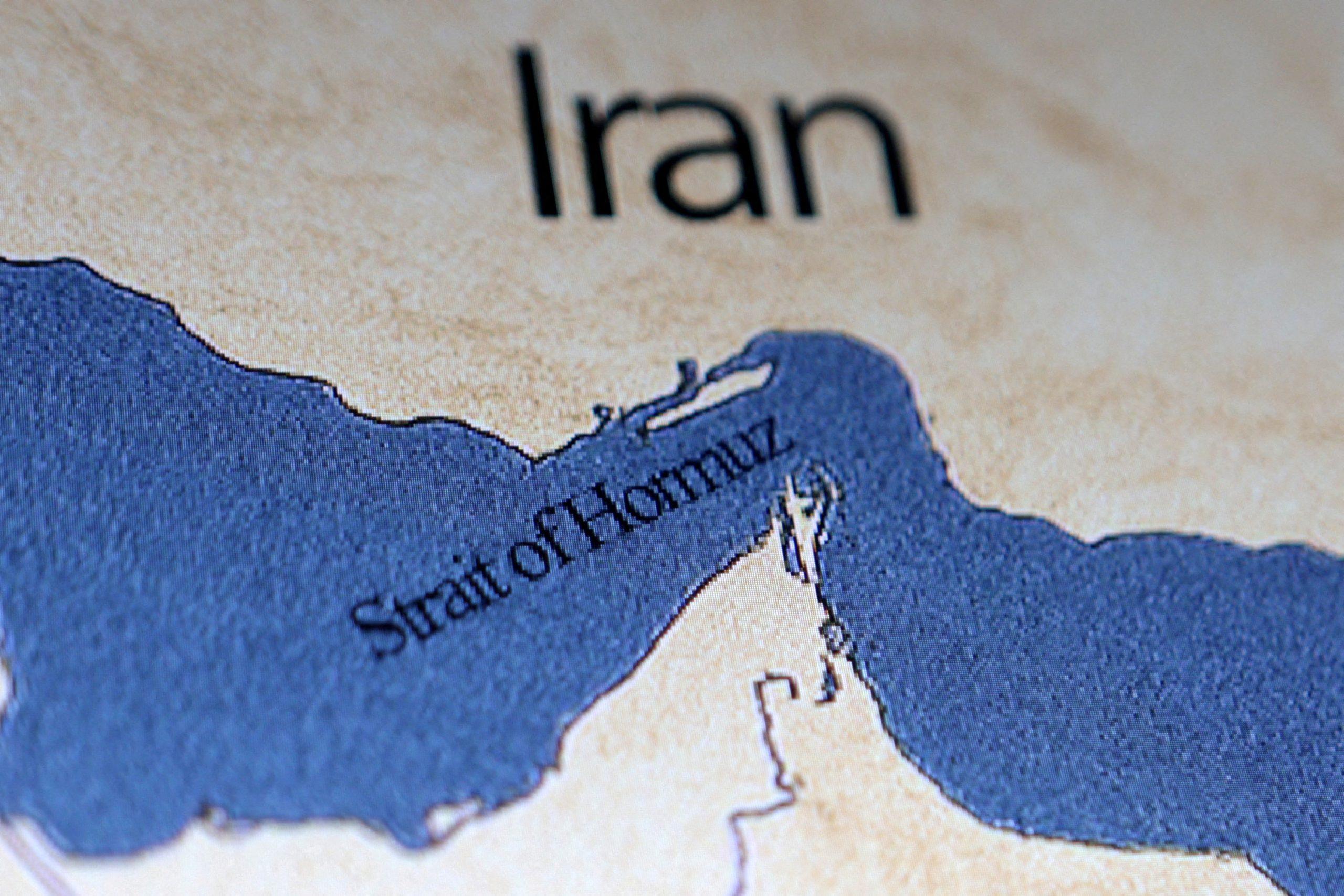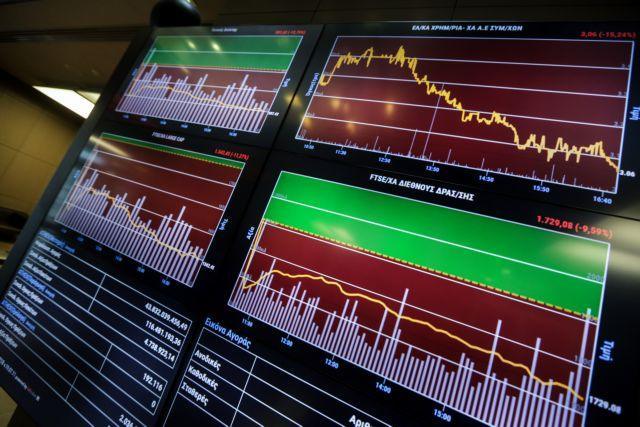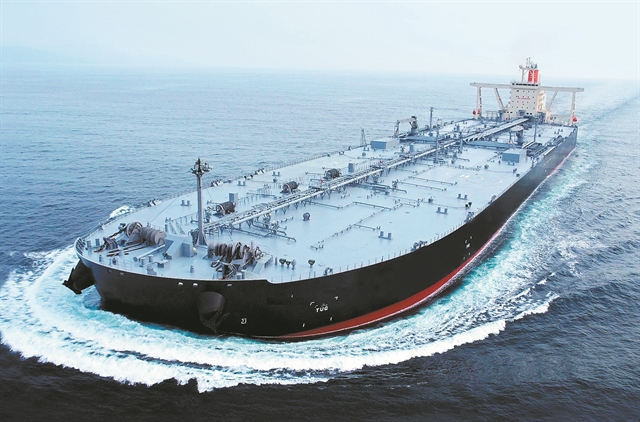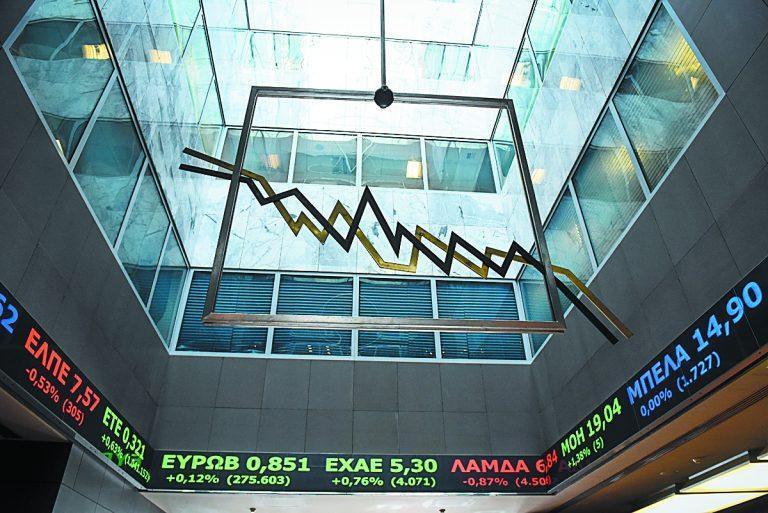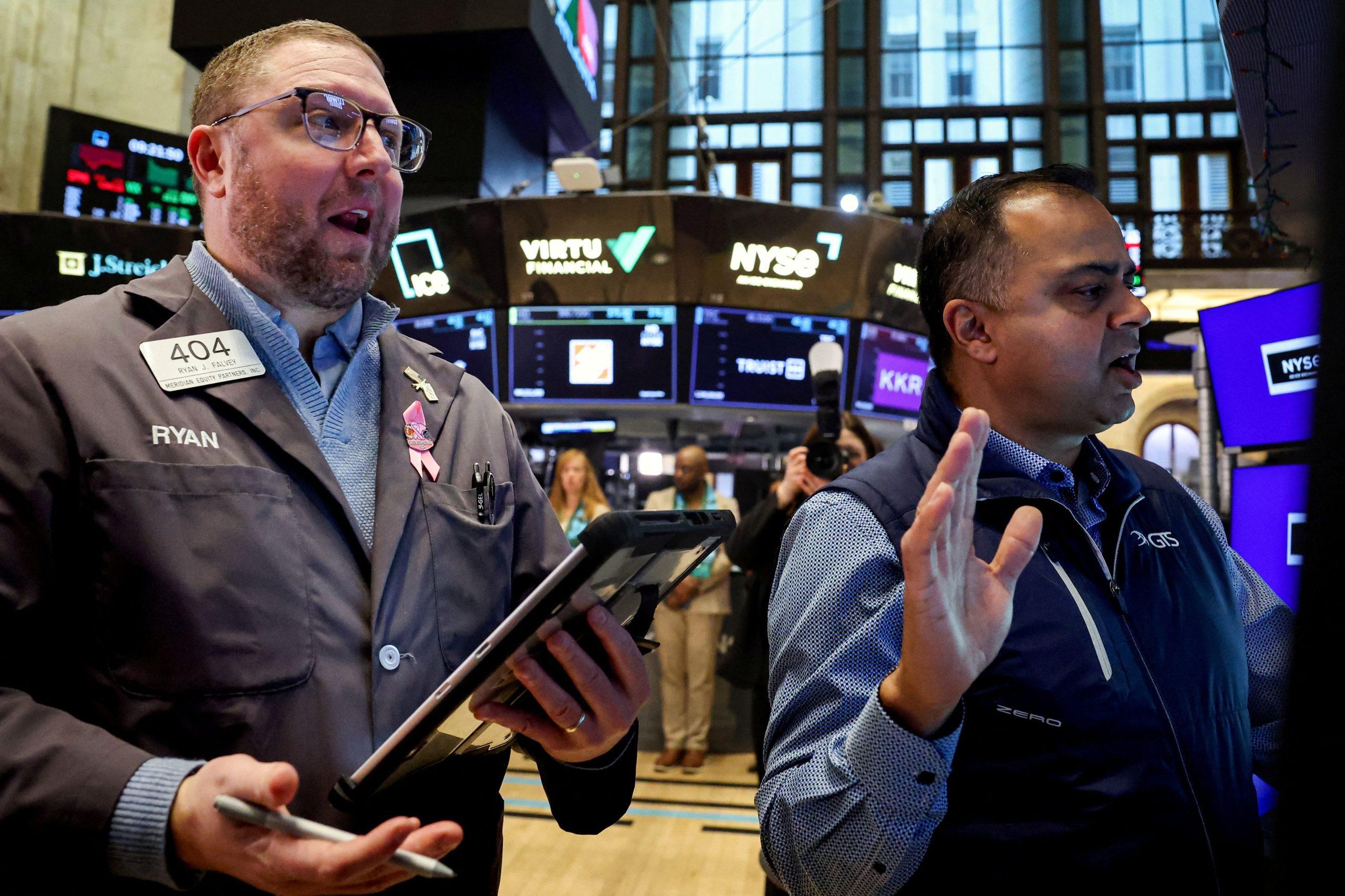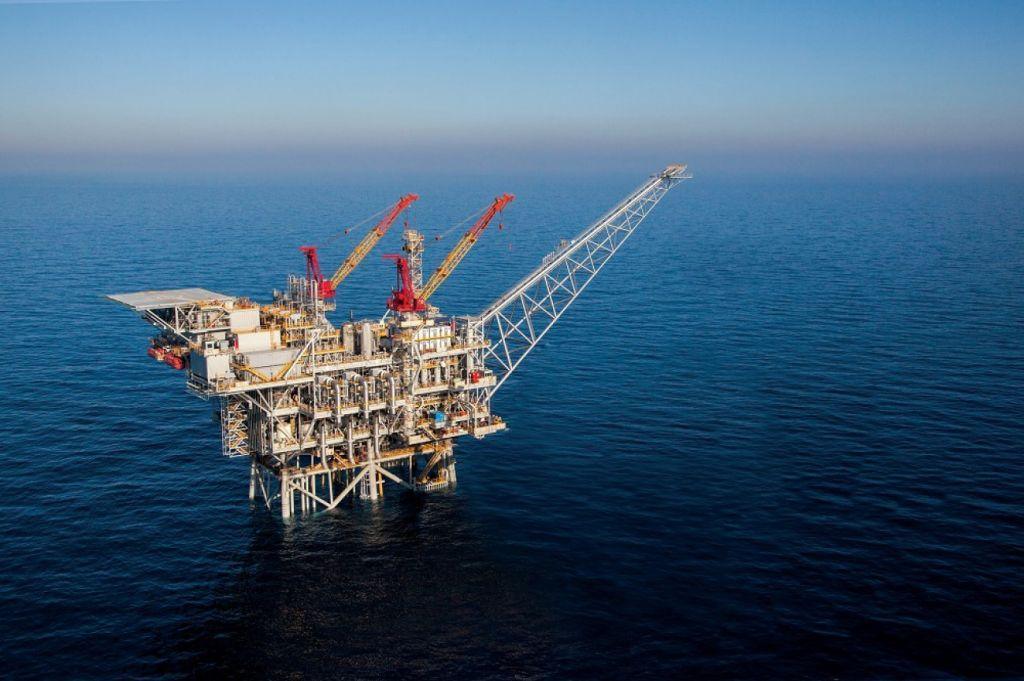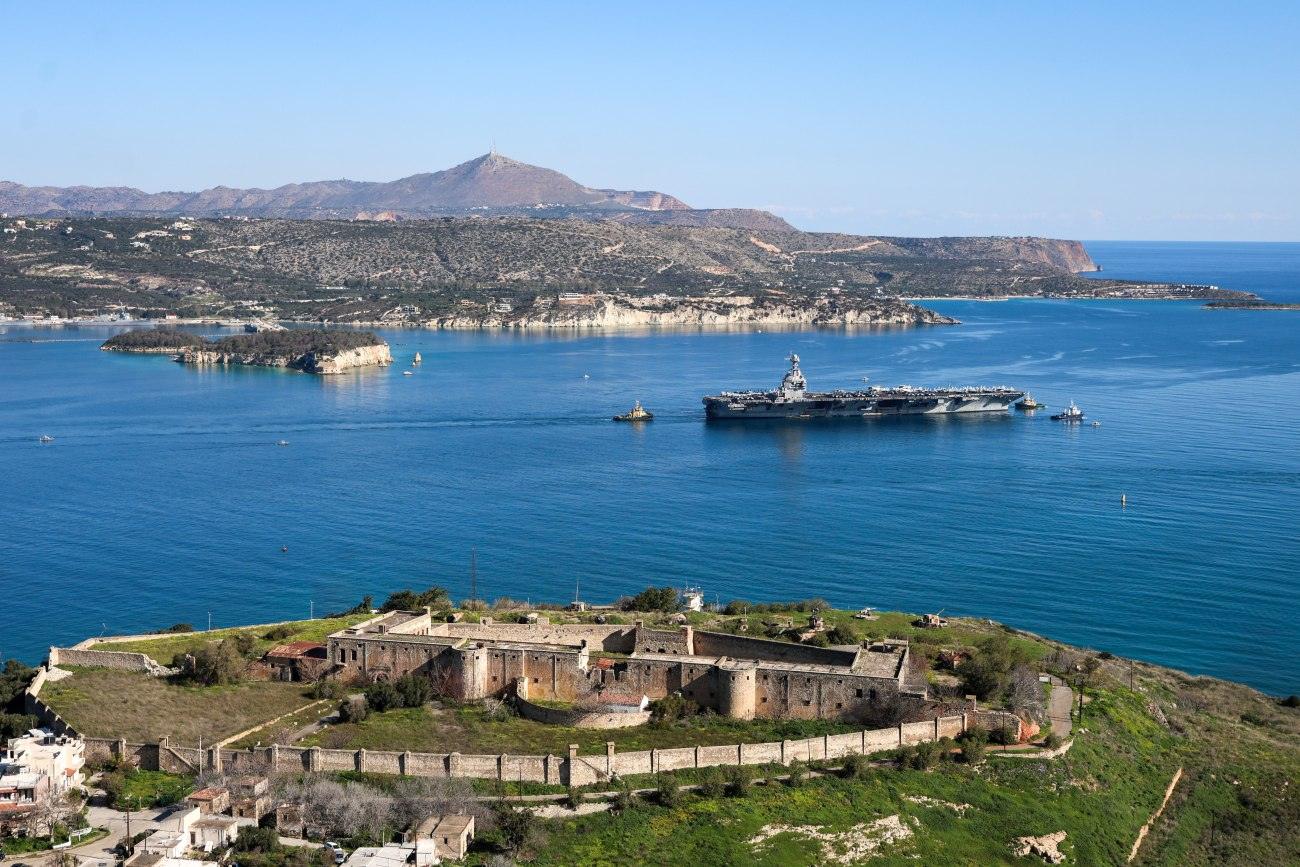The integration of environmental, social and governance indicators (ESGs) into both bank financing criteria and the investor portfolio marks a new era in our economic life.
The transition to a low-carbon society is accelerating, the focus on the environment, society and business governance can create interesting investment opportunities, while providing an alternative view of risk management, according to HSBC. This perspective even creates opportunities in “green” sectors, such as clean energy, “green” infrastructure, transport, buildings, industrial products and broadband technology, sectors that are intertwined with modern trends.
For investors, focusing on these factors is considered an effective way to manage risk, enhance potential resilience, and leverage green innovation to generate long-term capital growth.
«ESG assets»
According to market participants, ESG is a megatrend in the markets internationally, with a significant part of the inflows in mutual funds and other investments being directed to “ESG assets”, while it is estimated that, in the period 2023-2025, 50% of the mutual funds will operate according to ESG criteria. Stock exchanges and infrastructure providers are also expanding to become viable financing markets (e.g. ESG products, “green” bonds). On the other hand, a requested and big bet for the Athens Stock Exchange is the mobilization of Greek companies so that they are eligible by the institutions, at a time when the investment community is increasingly looking for opportunities in ESG.
The new index
In this context, the new Athex ESG index of the Athens Stock Exchange came into force on August 2, which initially includes 35 “green” shares of listed companies that adopt and promote their practices in environment, society and corporate governance (ESG). These are the following listed companies: Coca-Cola, the Hellenic Telecommunications Organization (OTE), Alpha Bank, Eurobank, OPAP, Mytilineos, National Bank, PPC, JUMBO, Piraeus Bank, Titan, Motor Oil, GEK TERNA, TERNA Energy, Lamda Development, Hellenic Petroleum, Athens Water Supply and Sewerage Company (EYDAP), Ellaktor, Independent Power Transmission Operator (IPTO), Sarantis, Viohalco, Fourlis, the Athens Exchange Group, Quest, Thrace Plastics, Crete Plastics, Aegean, ELVAL Halcor, Piraeus Port Authority, Cenergy, European Reliance, the Athens Medical Group, Plaisio, Alumyl and Inform Lykos.
The index will soon be enriched with other listed companies, while it will be reviewed once a year. Companies that emphasize ESG criteria are attracting investment interest, as there are international funds that control business groups to see if they meet the relevant criteria in order to participate in financing either through bond issues or through equity participation. In the medium term, Greek banks and companies listed on the ATHEX are expected to continue to issue “green” bonds that offer yields of 2% -4%, while zero or near zero interest rates (the average interest rate before taxes is below 0,2%) effectively deduct income from Greek depositors.
The banks
On the other hand, banks will have to adjust their lending criteria, as well as their financial products and investments, while at the same time the international investment community is pushing for the rapid adoption of the ESG criteria, at a time when they are also called upon to play a key role in the absorption of Recovery Fund funds. Banks are at the heart of implementing the ESG criteria, say market participants, as under new European legislation, such as SFDR and Taxonomy, they are required to implement and adjust their financial products and the investments they make.
The term ESG refers to issues related to the environment, social and corporate governance, which can affect a company’s ability to generate value in the long run, while reflecting the ability of companies to create value and formulate effective strategies over a long-term horizon.
The new era and the ESGs
Investors use ESG information to determine how resilient and ready a company is to manage the changes in the environment in which it operates. A key criterion for the successful disclosure of ESG information is the identification of the factors associated with a company’s ability to generate value and are therefore essential to the business and its shareholders. Companies need to identify, prioritize and publicize ESG issues that are most relevant to their operation, as well as explain how these issues affect their corporate performance and ability to implement their strategy.
International stock exchanges are playing a leading role in a number of ESG initiatives and their role is important in the effort of companies to harmonize, at a time when they play a key role for institutional investors internationally. The outbreak of the pandemic proved to be a major turning point for ESG investment, with funds turning heavily to companies that focus on environmentally friendly, socially sensitive and investment-transparent entrepreneurship, as they are considered more credible and resilient to long-term investments. According to Morningstar, funds of all types focused on ESG – stocks, bonds, commodities, etc. – saw net inflows of tens of billions of dollars.

